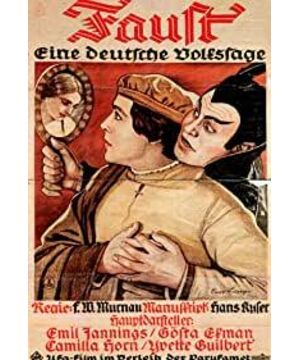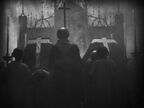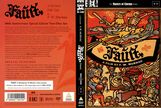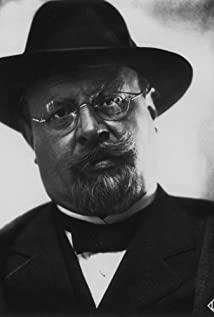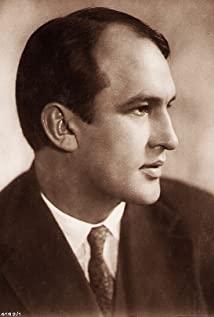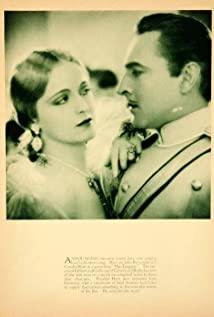Thinking and seeking, the void chases away the spring breeze. The spring breeze is green, the mountains are south and the sea is north, and the youth travels. Juguang floating shadow is now drilling into the gap, life is like the reverse of travel. Going like the reverse, Nanke has no dreams, chasing Hongyi. Faust, Faust, what do you choose? Is it a mythical legend or the lifelong skill of Goethe, a religious doctrine or enlightenment technology, a god or a devil, the anxiety of old age or the thunderbolt of youth, life or death, Shakespeare's classic question or Kant Hegel's Spiritual interpretation. Could it be that good and evil, taking one or the other, can only be in perpetual opposition? Murnau dressed Faust with a beard of wisdom, and under the swaying light and shadow is the phantom of Socrates. In life, the important thing is to know yourself. In order to become yourself, he will be happy. But people are not gods and ghosts. In the face of unknown plagues, they are always mortals with death, which will make all meanings become illusions. Return to the hometown, pursue the place where human beings live, and pursue ancient Greece, the spiritual homeland of the Germans. In Athens, people sacrificed before the plague came. Diotima, a wise woman from the east, was teaching Socrates about love. It was she who delayed the disaster for a full ten years, which was an effective struggle against fate by mankind. And this double image, wine and music, repeats itself in the hometown at Easter, in Germany, in the creative space image. If it is not opposition, it can only be some kind of intermediary, between the mortal and the immortal, conveying two layers of contracts, the contract between God and the devil, and the contract between the devil and Faust, which is a kind of spirit. Born in abundance and poverty, lying in the snow, just about to appear and about to disappear, is the shadow, the spirit of love, the Eros. To be yourself is to be born in beauty, by body and by soul. Eros must be love that never dies. So we have to ask, who actually died in the film? Faust's first love, Margaret's brother, seems to have died, in a duel with Faust. As a warrior, he was born with a love for honor and wanted to be immortal. When he heard that his sister would not Pure rumors come with swords drawn. Is this the fear of death? This is the pursuit of immortality. Is Margaret dead? At the corner in front of the church, a glimpse of the soul at first acquaintance, dodging in chasing, love in front of the necklace, innocence among children, love is both beauty and a harbinger of death. The confusion of Faust's choice, the truth of Eros, is nothing but a random number of leaves in Margaret's hands, love or not, not love or love. In beauty nurtures life, nurtures soul, the key is beauty is beauty, what beauty itself is. As for Faust himself, as long as he still cares about himself in the mirror and the beauty of something, he is Mephisto's slave rather than his master. What is eternal, Faust's entanglement is not because of love but the multiple shadows of love. As a virtuous image of a lover, he was entangled by Mephistopheles and made a death contract with him. If he does not die, he will be a spiritual slave, and if he dies, love will be an illusion. Therefore, when the most important word of the title is typed at the end of the film, it is not so much a conclusion that everyone knows that this is the real problem of Faust, love - what is love? Is love trustworthy? If beauty is true, love will be credible, and people will no longer be arrogant and careless, but Murnau's departure, a farewell to the shadow, the turning of those who love each other will never turn back in the raging fire, turning to the vast sea, If so see.
View more about Faust reviews


